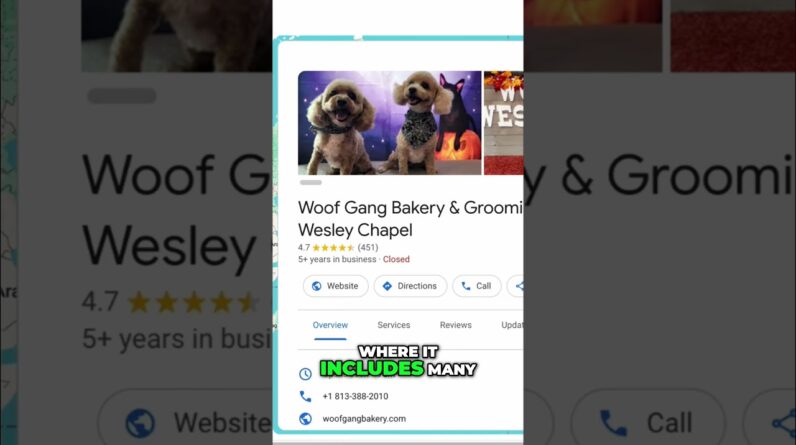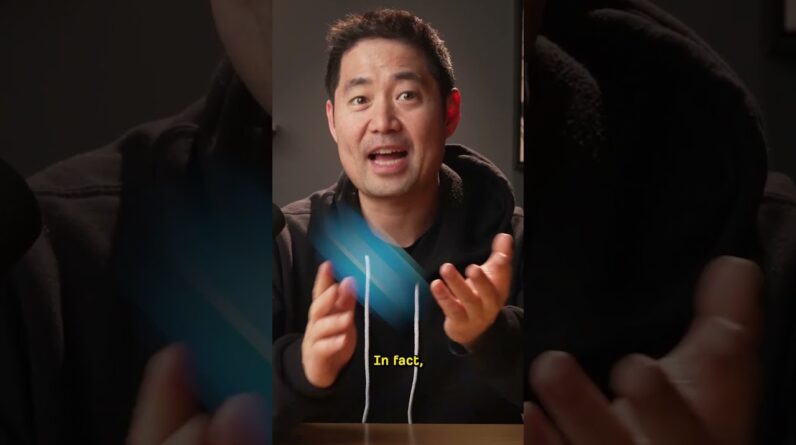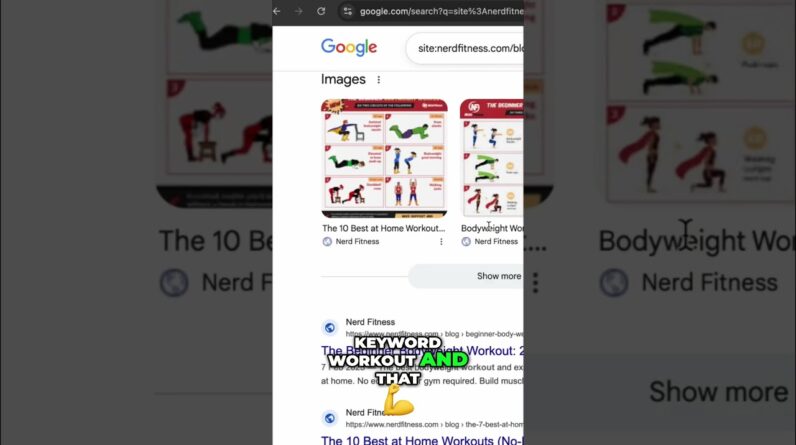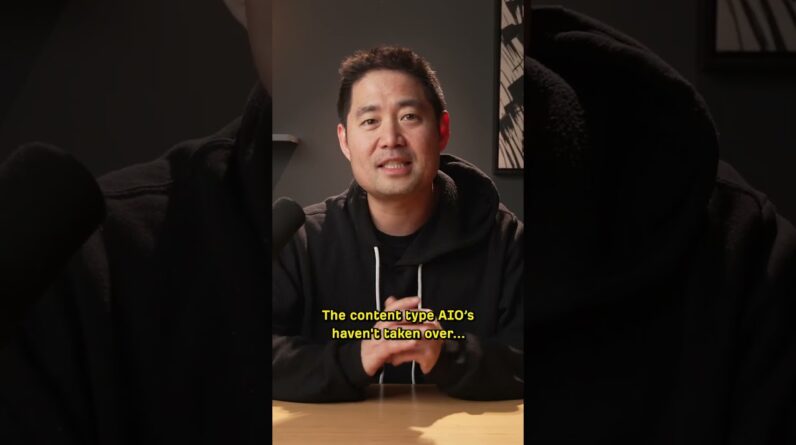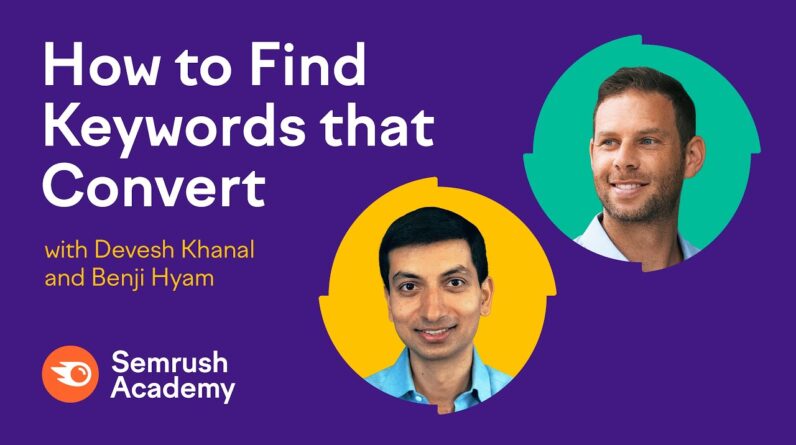
Are you struggling to find the right keywords for your website or blog that will actually lead to conversions? Well, look no further! In this post, we will dive into the world of keyword research and give you tips and tricks on how to find keywords that are not only relevant but also have the potential to convert your visitors into customers. Follow along as we guide you through the process of keyword research and help you optimize your content for maximum impact.
Introduction:
Every business wants to attract traffic to their website, but what’s the point if it’s not resulting in conversions? A vital strategy for not just traffic generation but also conversion is using the correct keywords that convert. The question remains, how do businesses find such keywords? In this article, we’ll discuss the right techniques and strategies to find keywords that convert and lead to increased sales.
Understanding the Marketing Funnel:
Content strategies are designed to target potential customers at various stages in the marketing funnel. The awareness stage targets individuals who aren’t aware they have a problem or need a solution. The consideration stage targets individuals who know they have a problem and are considering different solutions. The decision stage targets users that are ready to convert and purchase.
Focusing on Prospects with High Buying Intent:
Businesses can use targeting techniques to focus on users with a higher buying intent. By targeting individuals who are already interested in a related product, businesses can avoid wasting their resources on individuals that aren’t interested.
The Drawbacks of the Marketing Funnel Strategy:
The marketing funnel strategy can lead to a content strategy that doesn’t convert. By only targeting individuals in the awareness and consideration stages, businesses miss out on the most likely leads.
Focusing on Educated Individuals:
Businesses should focus on individuals who are already educated about their category. These individuals are more likely to be inclined to purchase and will search for specific keywords that have commercial intent.
Identifying Bottom of the Funnel Keywords:
Businesses should focus on identifying keywords that indicate that the user is at the bottom of the funnel. These keywords typically have commercial intent and result in higher conversion rates. Using tools, such as Google Ads or Semrush, businesses can pinpoint these bottom of the funnel keywords.
High Conversion Rates for Bottom of the Funnel Keywords:
Conversion rates for bottom of the funnel keywords have shown to be multiple times higher than top of funnel keywords. By focusing on these keywords, businesses can see a significant increase in conversions.
Traffic vs. Conversions:
Businesses may not receive as much traffic for bottom of the funnel keywords, but these keywords are more likely to produce conversions. Businesses that target high traffic keywords may see a spike in traffic, but it may not lead to conversions.
Additional Information:
For businesses that want to learn more about boosting lead generation with SEO, the full course on Semrush Academy provides more in-depth information and techniques.
Frequently Asked Questions:
-
What does it mean to have commercial intent?
Commercial intent refers to keywords used by individuals that are likely to be interested in purchasing a product or service. -
Should businesses only target bottom of the funnel keywords?
While bottom of the funnel keywords do provide a higher conversion rate, it’s essential to have a balanced content strategy that targets keywords at all stages of the funnel. -
Can businesses use keywords to target specific demographics?
Yes, businesses can use keywords to target specific demographics. For example, if a business is selling beauty products, they can use keywords such as “men’s grooming products” to target their male demographic. -
Can businesses use different types of content to target keywords?
Yes, businesses can use various types of content to target keywords, such as blog posts, videos, infographics, and product pages. -
Does keyword research take a lot of time and resources?
Keyword research can take time and resources, but using various tools and techniques can help businesses streamline the process and identify the most effective keywords.Techniques for Finding Keywords that Convert: -
Use keyword research tools: Tools such as Google AdWords Keyword Planner, Ahrefs, and SEMrush can help businesses find relevant keywords with high search volume and commercial intent.
-
Analyze competitor keywords: Examining the keywords that competitors are targeting can provide insights into the market and identify opportunities for ranking higher.
-
Look at website analytics: Analyzing a website’s current traffic sources and the keywords that are driving the most conversions can help businesses understand what’s working and what can be improved.
-
Identify long-tail keywords: Long-tail keywords are more specific and targeted, resulting in lower search volume but higher conversion rates. Identifying long-tail keywords relevant to a business’s product or service can result in more qualified leads.
-
Use customer feedback: Feedback from current customers can provide insights into what keywords they used when searching for the product or service. This feedback can help businesses target those specific keywords and generate more leads.
Conclusion:
Keywords are a critical aspect of any SEO strategy, and finding keywords that convert is the key to any business’s success. By focusing on bottom of the funnel keywords with commercial intent, businesses can see a significant increase in conversion rates. Utilizing various tools and techniques, such as competitor analysis and long-tail keywords, can help businesses identify effective keywords and generate more qualified leads.
Frequently Asked Questions:
-
What is the difference between a short-tail keyword and a long-tail keyword?
Short-tail keywords are broader search terms with high search volume and high competition. Long-tail keywords are more specific and targeted, resulting in lower search volume but higher conversion rates. -
Can businesses target multiple keywords with a single page?
Yes, businesses can target multiple keywords with a single page by ensuring that the content is relevant and comprehensive enough to cover all the targeted keywords. -
How long does it take to see results from SEO strategies?
It can take several months to see the results from SEO strategies, depending on the competitiveness of the market and the effectiveness of the strategies. -
Can businesses rank for keywords without creating content?
It’s challenging to rank for keywords without creating content. Creating relevant, high-quality content is essential for effective SEO strategies. -
Why should businesses prioritize conversion rates over traffic?
Conversion rates are more critical than traffic because businesses ultimately want to generate sales and revenue. High traffic with a low conversion rate won’t result in business growth.


